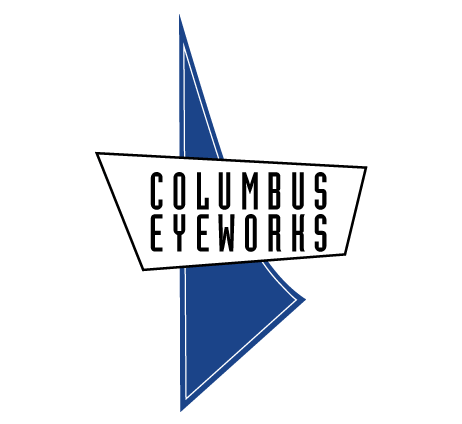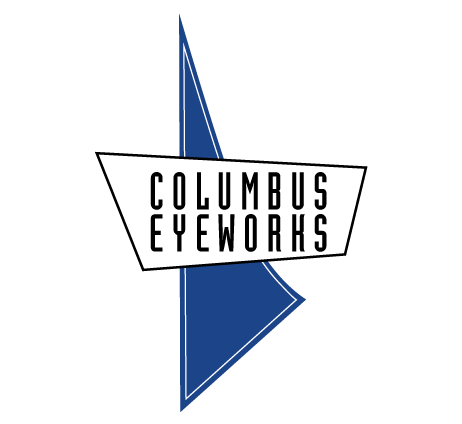
Regular eye exams are essential for maintaining good vision and overall eye health. Still, knowing when to schedule one can be unclear. While routine exams should be part of your healthcare regimen, there are specific signs that should prompt you to book an appointment sooner rather than later. Ignoring these signs could lead to more serious vision problems down the road.
Common Signs That Indicate It's Time for an Eye Exam
Your eyes often give clear signals when something is wrong. If you experience any of the following symptoms, it's time to consider scheduling an eye exam:
- Blurred Vision: If you're having trouble seeing clearly, whether up close or at a distance, this could indicate a change in your prescription or an underlying eye condition. Blurred vision can also be a sign of more serious issues, like cataracts or macular degeneration, which require prompt attention.
- Frequent Headaches: Headaches, particularly those that occur after reading or working on a computer, can be a sign of eye strain. This could be due to an outdated prescription or the onset of a condition like astigmatism. An eye exam can help determine if your vision contributes to your headaches.
- Eye Strain: Prolonged exposure to screens and reading without breaks can cause eye strain. If you find yourself frequently rubbing your eyes or feeling fatigued after using digital devices, it might be time for an exam. Eye strain is also a common symptom of Computer Vision Syndrome (CVS), which affects many people in today’s digital age.
- Difficulty Seeing at Night: Struggling with night vision, especially while driving, can be a sign of several eye conditions, including cataracts or vitamin A deficiency. An eye exam can identify the cause and help improve your night vision.
- Double Vision: Seeing double, even occasionally, is never normal and should be evaluated by an eye care professional. It could indicate serious issues such as muscle imbalance, corneal issues, or neurological conditions.
Age-Specific Triggers
Various stages of life bring unique challenges to your vision. Here’s how age can influence when you should schedule an eye exam:
- Children: Children might not always recognize or communicate their vision problems. If your child is struggling in school, has difficulty reading, or is avoiding activities like drawing or playing sports, an eye exam is crucial. Poor vision can impact their learning and development, making early detection vital.
- Adults: Adults should be particularly mindful of changes in their vision as they age. Presbyopia, or age-related farsightedness, typically begins around the age of 40. If you notice it’s harder to read small print or hold books at arm’s length, it’s time for an eye exam. Regular check-ups can help adjust your prescription and monitor for conditions like glaucoma, which can develop without noticeable symptoms.
- Seniors: For those over 60, annual eye exams become even more critical. Age-related issues such as cataracts, glaucoma, and macular degeneration are more common and can severely affect your quality of life if left untreated. Regular exams can help manage these conditions and preserve your vision.
The Impact of Delaying an Eye Exam
Delaying an eye exam can have serious consequences. Vision problems that are caught early are often easier to treat. For example, glaucoma is known as the "silent thief of sight" because it can progress without symptoms until significant damage has occurred. Similarly, untreated cataracts can lead to blindness but can be quickly addressed with surgery if caught early.
Moreover, vision changes can also indicate other health issues, such as diabetes or high blood pressure. An eye exam can often detect these conditions before you notice any other symptoms, allowing you to seek treatment early.
Your eyes are one of your most important assets, and taking care of them should be a priority. If you’ve noticed any of the signs discussed, scheduling an eye exam without delay is essential. Regular check-ups help maintain good vision and protect against potentially serious conditions that could affect your overall health.
Don’t wait until it’s too late - contact Columbus Eyeworks at Columbus to schedule your eye exam and ensure your vision stays clear and healthy for years to come.

